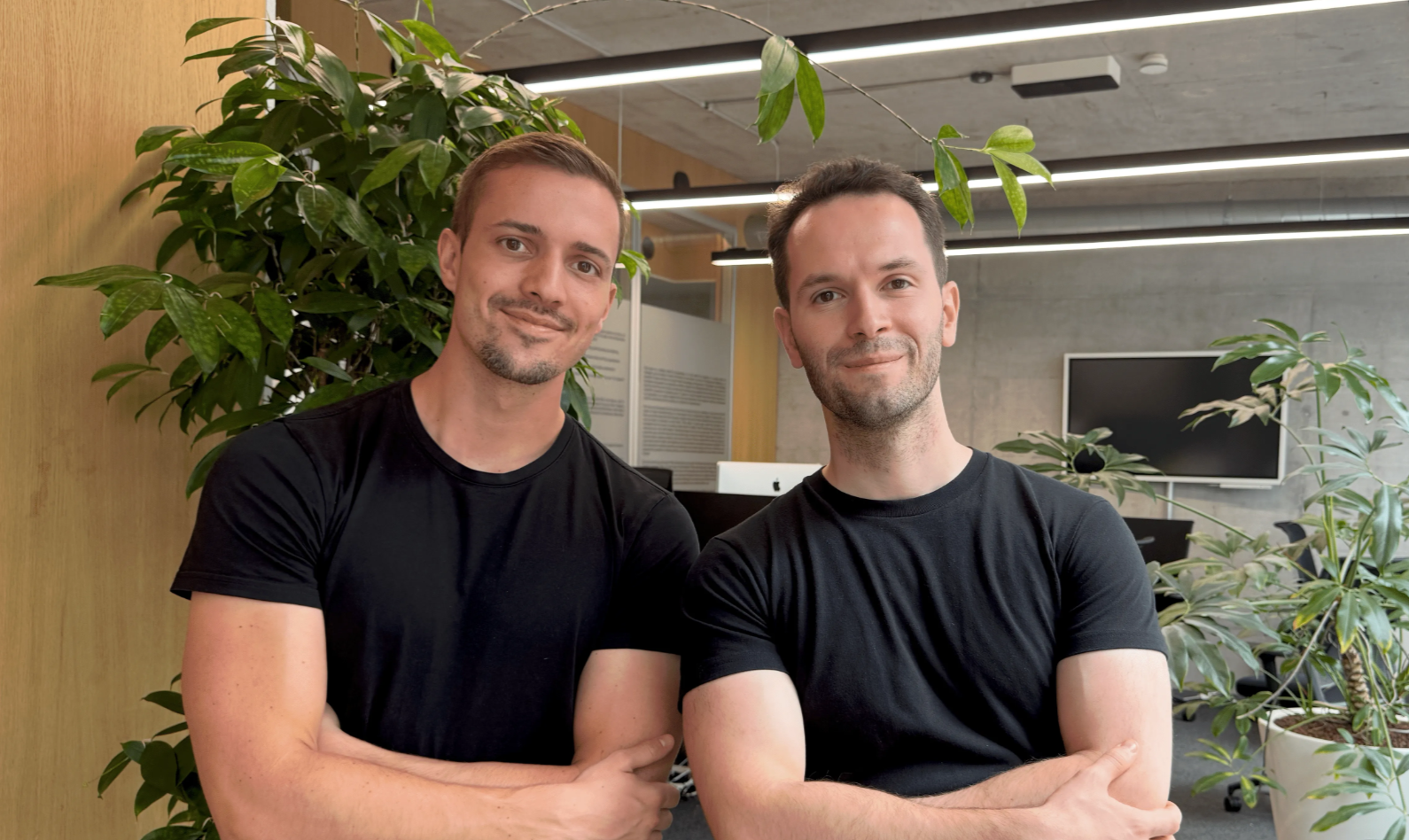
Since OpenAI and Anthropic made their chatbots available to the general public, AI is on everyone’s lips (or LinkedIn feed). Yet beyond chatbots lies the next evolutionary step: AI agents. Arber Sejdiji, CEO and co‑founder of Zenline AI gives Insights how AI-Agents will reshape global Industries.
Those are digital assistants that not only answer questions but also act on them. Major research houses estimate that 82 percent of companies worldwide are already using or exploring AI, and Deloitte predicts that a quarter of enterprises will pilot autonomous agents by 2025.
While classical LLMs generate text, agents execute entire process chains autonomously: they analyse data, make decisions and initiate actions. This promise has attracted capital: start‑ups such as Adept and Inflection AI have raised billions, and tech giants like Google, Microsoft are positioning themselves with their own agent frameworks. According to Microsoft CEO Satya Nadella, agents will become the primary way we interact with computers and will proactively help us manage information and tasks. And Bill Gates calls the agent paradigm “the biggest revolution in computing since we went from typing commands to tapping on icons.”
This surge of investment signals that organisations worldwide now see autonomous agents as a way to unlock unprecedented productivity, cut routine workload and solve complex problems at speed.
How sectors are already using agents
To ground this in reality, let’s look at real-world vignettes from industries like finance, manufacturing and logistics that illustrate just how far autonomous agents have already progressed.
Finance: Hedge funds use agents for market monitoring and risk management. They track prices, news flows and economic indicators to adjust portfolios in real time. In credit origination, agents could automatically evaluate creditworthiness and make lending decisions faster and fairer.
Manufacturing: In industry, autonomous agents optimize processes: they evaluate machine data, detect failure patterns early and coordinate maintenance. Manufacturers such as Siemens and Bosch experiment with LLM‑based agents that automate order processes and warehouse management.
Transport and logistics: Start‑ups develop agents that plan routes in real time, coordinate container movements and adjust supply chains when global shocks occur. Combined with IoT sensors, they can dynamically control the flow of goods.
In the United States, finance and consumer applications dominate, while in Asia companies are focusing on manufacturing and smart cities. Europe is still at the beginning of broad agent adoption and can benefit from global experiences.
Opportunities and challenges of the agent economy
AI agents promise efficiency gains and better decision quality. But they also raise questions: Who bears responsibility for wrong decisions? How can transparency be ensured when agents consist of complex LLM models? And how are data protection and security guaranteed? The economic benefit is closely linked to trust in these systems. Companies therefore need mechanisms for explainability and error control. Equally important is the human factor: agents should support, not replace. Employees need time to adapt to AI‑assisted processes and to bring in their own expertise.
To illustrate how AI agents address these challenges in practice, let’s dig into one sector where the uncertainties of data, explainability and human oversight are particularly pressing: in retail.
How to embrace AI agents
The retail industry is predestined for agents because assortment, pricing and inventory decisions are data‑intensive and dynamic. The AI‑agent revolution is a chance to boost efficiency and compete with global platforms.
Everyone can see it, platforms like Amazon or Temu set the pace, monitoring and optimising millions of products automatically. When agents combine data from different sources, they can solve the complex puzzle of demand, product variety and pricing much faster and more precisely than human teams alone.
Addressing the questions on accountability, transparency and security:
- When agents make recommendations, the ultimate responsibility still rests with human decision‑makers. Category managers and leadership teams must treat agentic insights as decision support and retain the authority to approve or override actions. Also, the agents learn over time and some providers offer to check low rated decisions by human experts.
- Transparency can be enhanced by designing agents to explain the data and assumptions behind each suggestion and by maintaining auditable logs.
- Data protection and security are ensured when agents run within the retailer’s controlled environment, use zero‑data‑retention flows and encryption, and are certified under standards such as ISO‑27001. These safeguards prevent sensitive sales and customer data from leaking while allowing teams to benefit from automated analysis.
A call to action for Europe
While many international giants already use agents, small and medium‑sized companies in Europe are still at the beginning. To seize this opportunity, start‑ups, research institutions and retailers must collaborate:
- We need interfaces that allow agents from different providers to communicate and learn from each other.
- Teams should combine technical and domain knowledge; only then do agents emerge that solve real business problems.
- Transparent algorithms, audits and certifications are necessary so that retailers and customers trust agents.
Worldwide companies such as DeepMind, Anthropic or Inflection are working on agent‑based research and production systems that cooperate with human users. In the United States, start‑ups have introduced agent systems that automatically handle customer support or steer marketing campaigns. South‑East Asia is experiencing a boom in logistics agents that supply e‑commerce, and China is investing heavily in agent technology for manufacturing and smart‑city applications. Europe should not miss out on this development. Companies should start small – with clearly defined use cases – and expand their agents step by step based on real results.
About Arber Sejdiji:
Arber Sejdiji is the CEO and co-founder of Zenline AI, a Zurich-based B2B startup developing AI agents to support assortment decisions in European retail. His vision: to equip European retailers with the tools to build profitable, shopper-centric assortments that can compete with global platforms like Amazon and Temu. Arber Sejdiji represents a new generation of founders who see AI not as a risk, but as a catalyst for faster, smarter scaling.


